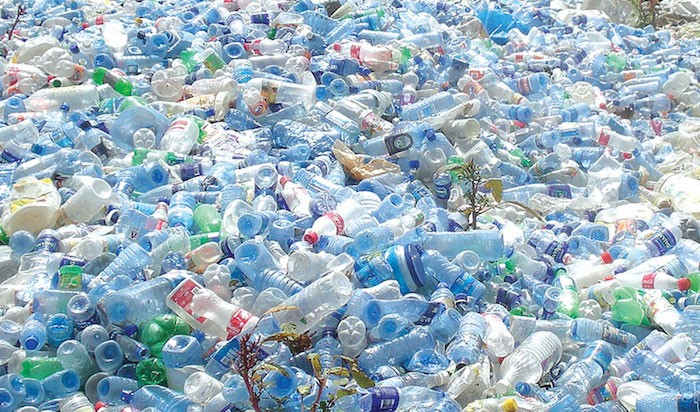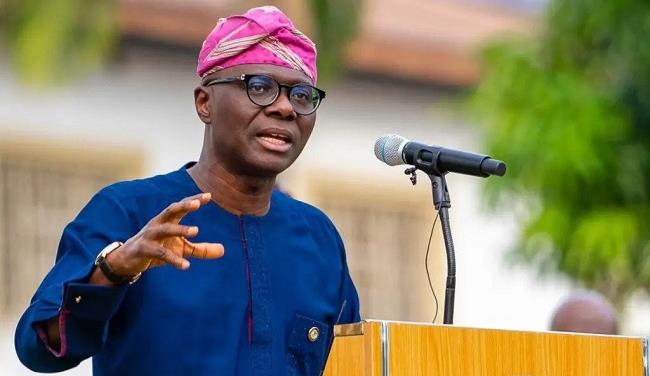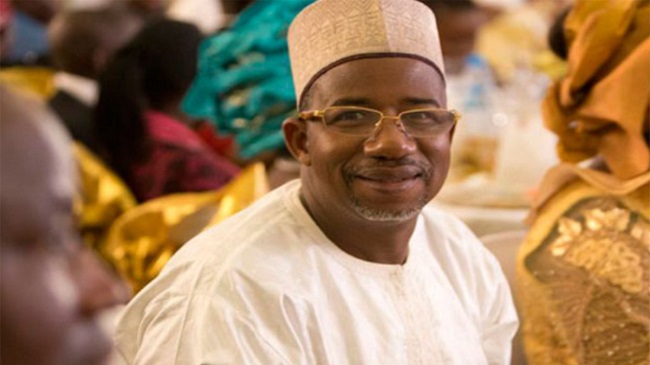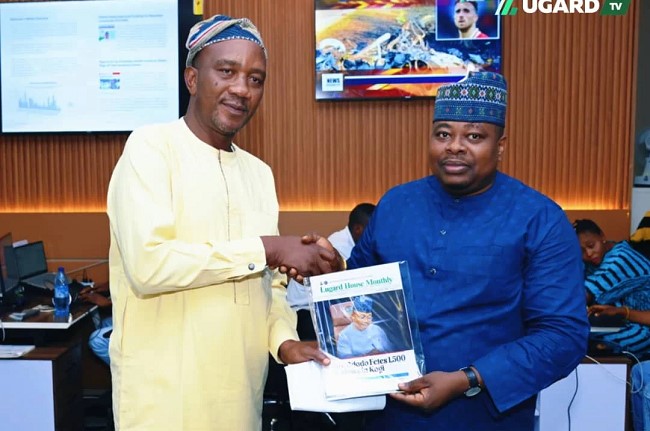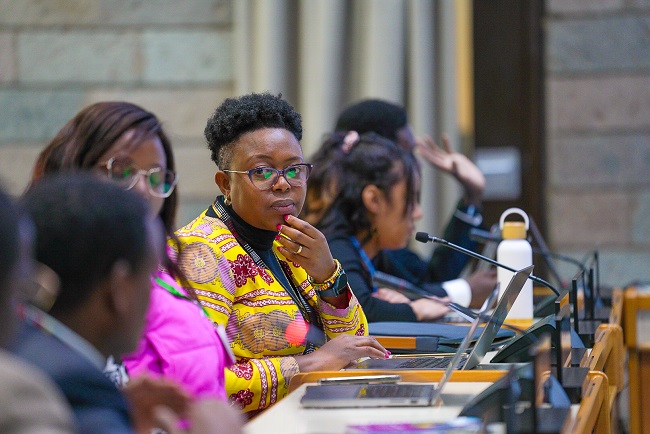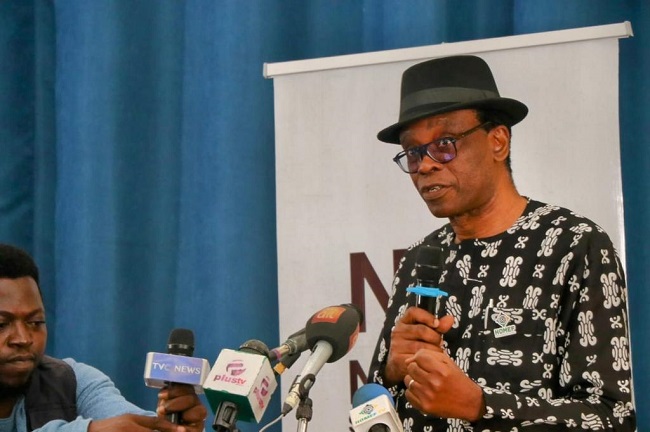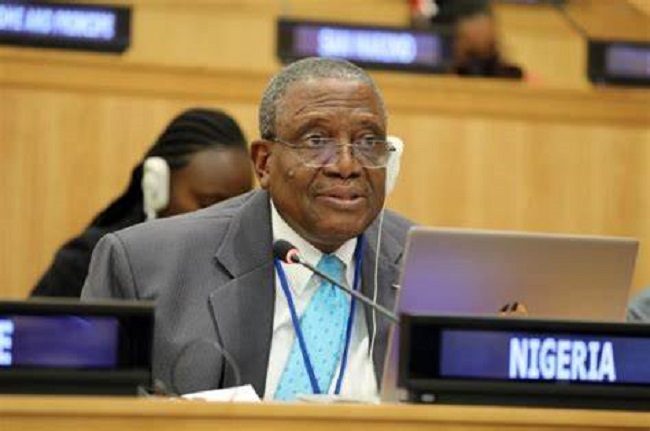Wetlands, which sustain life across the planet, are disappearing faster than any other ecosystem. A new report, the Global Wetland Outlook 2025: Valuing, conserving, restoring and financing wetlands (GWO 2025), warns that, without urgent action, one fifth of the world’s remaining wetlands could vanish by 2050 – an ecological loss with massive social and economic consequences.
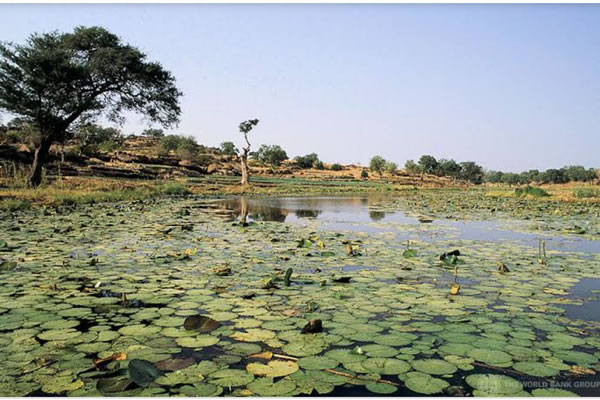
The estimated cost of that loss is staggering: up to $39 trillion in benefits that support people, economies, and nature.
This warning comes from the GWO 2025, released on Tuesday, July 15, by the Convention on Wetlands, which builds on its 2018 and 2021 editions to offer the most comprehensive global assessment of wetlands to date. The report is being launched in the lead-up to the 15th Meeting of the Conference of the Contracting Parties to the Convention on Wetlands (COP15), which will take place in Victoria Falls, Zimbabwe, from July 23 to 31, 2025.
Wetlands provide ecosystem services including clean water, food production, flood protection, and carbon storage that total more than 7.5% of global GDP, despite covering just 6% of the Earth’s surface. They also support a disproportionately high share of livelihoods across sectors like agriculture, aquaculture, and tourism. Yet every year, 0.52% of wetlands are lost, undermining efforts to tackle climate change and biodiversity loss.
“Wetlands bankroll the planet, yet we are still investing more in their destruction than in their recovery. The world is sitting on a $10 trillion opportunity – restoring wetlands could unlock these benefits, but we’re running out of time,” said Dr Musonda Mumba, Secretary General of the Convention on Wetlands.
The GWO 2025 presents the latest global data on wetland extent, loss, and degradation; the costs to society of losing wetland benefits; the targets required to conserve and restore wetlands; and the actions and financing solutions that can turn the tide for wetlands worldwide. It is intended as a resource for policymakers, investors, and practitioners working to align wetland action with climate, biodiversity, and development goals.
Drawing on the latest scientific data and economic valuations, the report finds that 22% of wetlands have been lost since 1970. That’s the equivalent of more than half a billion football pitches. One in four of the world’s remaining wetlands are already in poor ecological condition, and degradation is widespread across the world, with the steepest recent declines in Latin America, the Caribbean, and Africa.
“Wetlands are not a marginal issue. They are fundamental to the water cycle our planet depends on, for our global response to climate change, and are essential for the well- being of billions of people and protecting species under imminent threat of extinction. The scale of loss and degradation is beyond what we can afford to ignore. We have the knowledge and the tools to reverse these trends – what we need now is sustained investment and coordinated action,” said Dr Hugh Robertson, Chair of the Scientific and Technical Review Panel (STRP) of the Convention on Wetlands and lead author.
The report features a wide selection of case studies that demonstrate progress is possible – and prevention is cheaper than restoration, which can cost anywhere from $1,000 to $70,000 per hectare depending on the ecosystem. In Zambia’s Kafue Flats, an initial restoration project costing just $300,000 helped reactivate seasonal flooding and control invasive species.
Today, more than $1 million per year is invested in protecting biodiversity, water systems, and livelihoods for 1.3 million people – including artisanal fisheries valued at $30 million annually. It’s a costly fix, but far cheaper than losing those services entirely.
In East and Southeast Asia, the Regional Flyway Initiative is working to protect and restore over 140 priority wetlands along the East Asian–Australasian Flyway, which supports 50 million migratory waterbirds and nearly 200 million people. Launched in 2021, the initiative brings together governments, development banks, and conservation partners to mobilise $3 billion in blended finance over 10 years. Early projects are already underway in Cambodia and China, with more set to follow across the region.
Four pathways to reversing wetland loss and unlocking nature-positive investment are outlined in the report:
Integrate wetland value in decision-making – treating wetlands as essential infrastructure in land-use, water, and economic planning.
Recognise wetlands as key to the global water cycle – for their role in storing, filtering, and regulating water.
Embed wetlands in innovative financing mechanisms – including carbon markets, resilience bonds, and blended finance.
Mobilise public and private resources for wetland restoration – through partnerships that fund action on the ground and support local communities.
The GWO 2025 makes it very clear: wetlands are disappearing, and with them, the water, food, and natural defenses that sustain life. The solutions exist and the roadmap is there – protect what remains, restore what has been lost, and secure a future where wetlands thrive.
The Global Wetland Outlook 2025 is available in English, French, and Spanish at https://www.ramsar.org/launch-global-wetland-outlook-2025.

